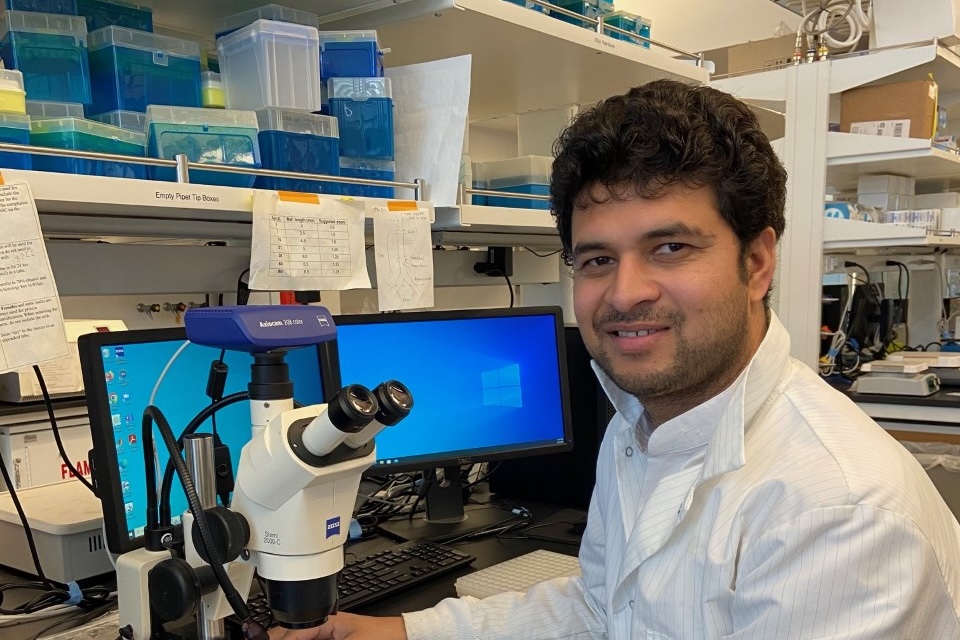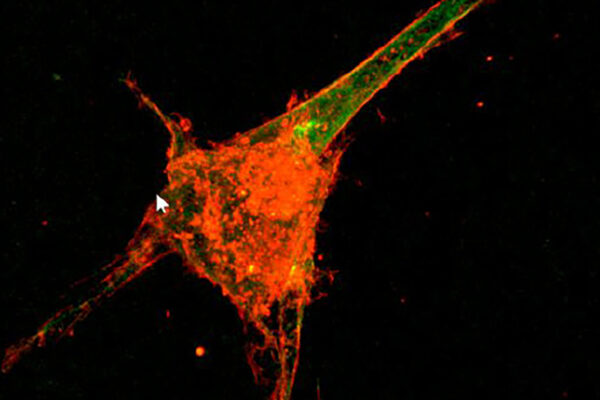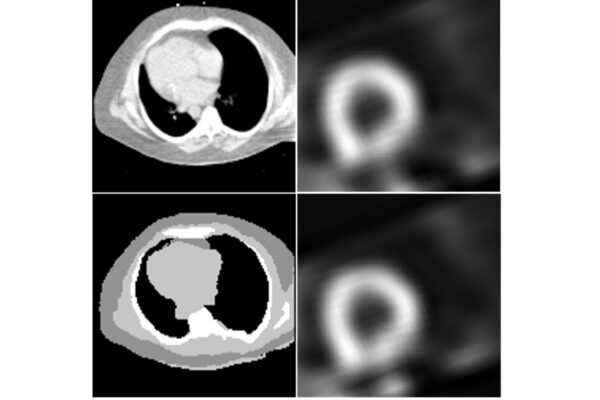Ascending thoracic aortic aneurysm (ATAA) is a bulge or weakening in the upper (thoracic) part of the aorta, the body’s largest blood vessel that supplies oxygen-rich blood to the rest of the body. ATAA can be life-threatening, and outcomes differ between males and females, yet factors that influence ATAA progression, including the influence of sex hormones, remain poorly understood.

A new project by Krashn Dwivedi, a postdoctoral researcher in the McKelvey School of Engineering at Washington University in St. Louis, will investigate the effect of the sex hormone estrogen on thoracic aortic aneurysm development. Dwivedi also will develop patient-specific biomarkers to manage ATAA. The work is supported by a $156,640 two-year award from the American Heart Association.
“It is well known that serious cardiovascular conditions like aorta aneurysm and its dissection are life-threatening and manifest differently in women than in men,” said Dwivedi, a member of the Vascular Mechanics Lab led by Jessica Wagenseil, vice dean for faculty advancement and a professor of mechanical engineering and materials science. “That’s also true for conditions like ATAA that don’t have obvious external presentations. This work will fill in part of that gap in our understanding of women’s cardiovascular health.”
Read more on the McKelvey Engineering website.


